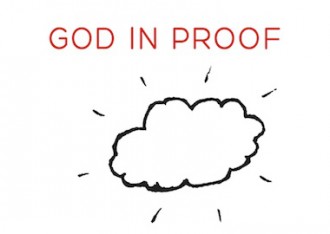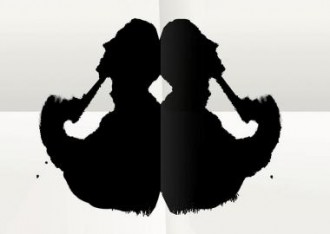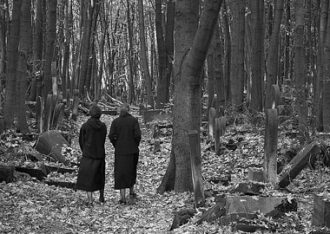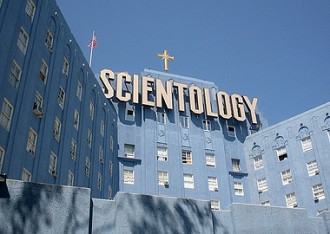
A Long History of Blaming the Jews
“Antisemitism” is a problematic term. Of course we know what it means—prejudice against or hatred…
Read More
“Antisemitism” is a problematic term. Of course we know what it means—prejudice against or hatred…
Read More
Both an intellectual history and a spiritual memoir, God in Proof is the story of “the search for proofs for God’s existence”—how dozens of world-historical thinkers have applied logic and reason to questions of faith.
Read More
Western experts, looking for a comprehensible narrative, mistake consistency for fact. The misconceptions are further compounded by how difficult it is to identify a potential suicide—even mental health professionals can get it wrong—and how easy it is to conflate suicide terrorists with regular terrorists, the vast majority of whom don’t strap on bombs, preferring to stay alive and fight.
Read More
Many (obviously) look to religion for answers. Not me. Even if I consider myself somewhat religious, I have a hard time accepting the life-after-death claims of my own religion, Judaism. The dilemma is not uncommon: Although 80-90% of Americans believe in God, some 25-50% do not believe in life after death (the numbers depend on the study). So when considering death, many of us turn to less spiritual pursuits. Two recent books attempt exactly that: to explore the nature and meaning of death without religious filters. Shelly Kagan’s Death uses philosophy to define mortality and how best to live with the knowledge of it; Dick Teresi’s The Undead explores how science and technology is changing how we define death—and not for the better.
Read More
“Jewish self-hatred” is an epithet that Jews fling at other Jews—for not being religious enough, or for daring to criticize Israel. As Paul Reitter puts it in his book, On the Origins of Jewish Self-Hatred, the term is an “an instrument of censure,” a “smear.” Reitter’s title is slightly misleading—the book doesn’t explain why some Jews hate themselves. Instead he explains the origin of the term. Reitter argues that many historians have wrongly assumed that the term has always been censorious, but careful study reveals that Jewish self-hatred was first put forward for a salutary, even messianic purpose.
Read More
Given the spotty history of L. Ron Hubbard’s life and the church’s well-documented vindictiveness toward critics, there’s a great deal of criticism to be found on Scientology. But two new books examine the history of the church without sensationalism or facile mockery.
Read More
A new book of popular history provides an exhaustive and detailed history of the brutal yet bureaucratic Inquisition, arguing that it helps explain what the world is today.
Read MoreWhich is troubling. Sort of.
Read More
In his new book, Richard Landes argues that in addition to the obvious End Timers many secular movements—the French Revolution, Marxism, Nazism—can be better understood as millennialist or apocalyptic.
Read More